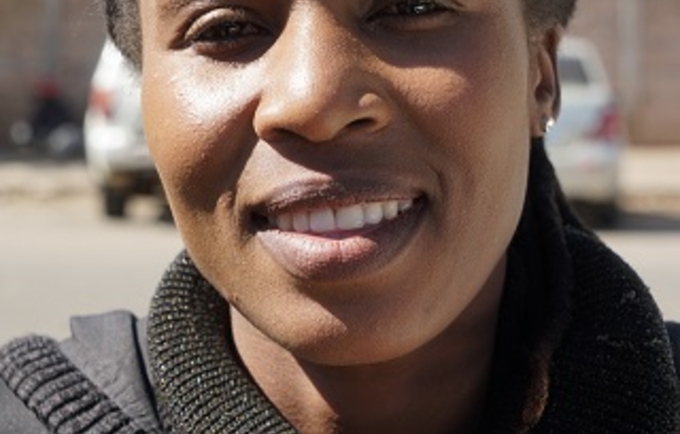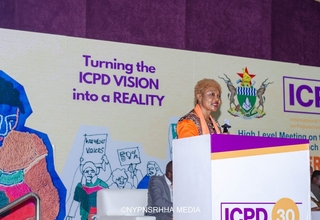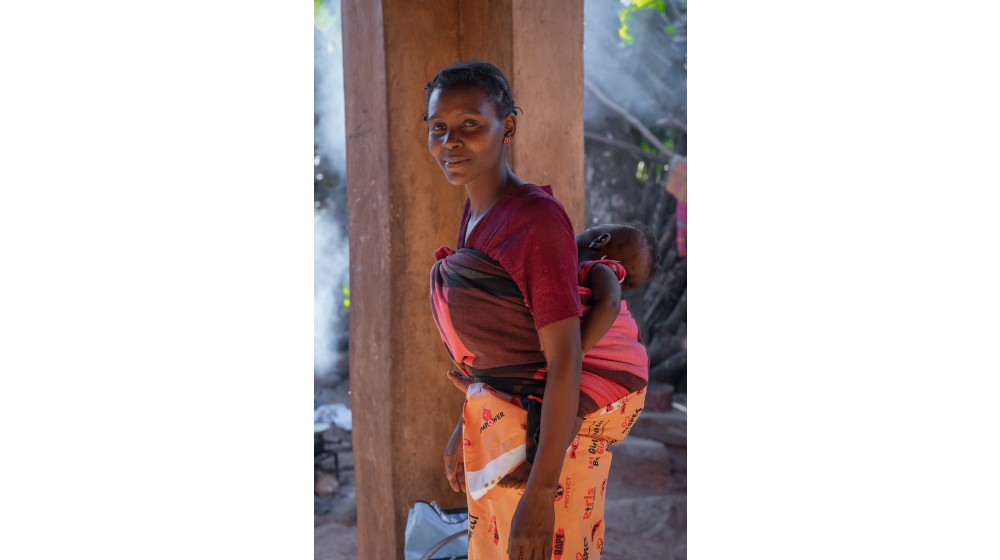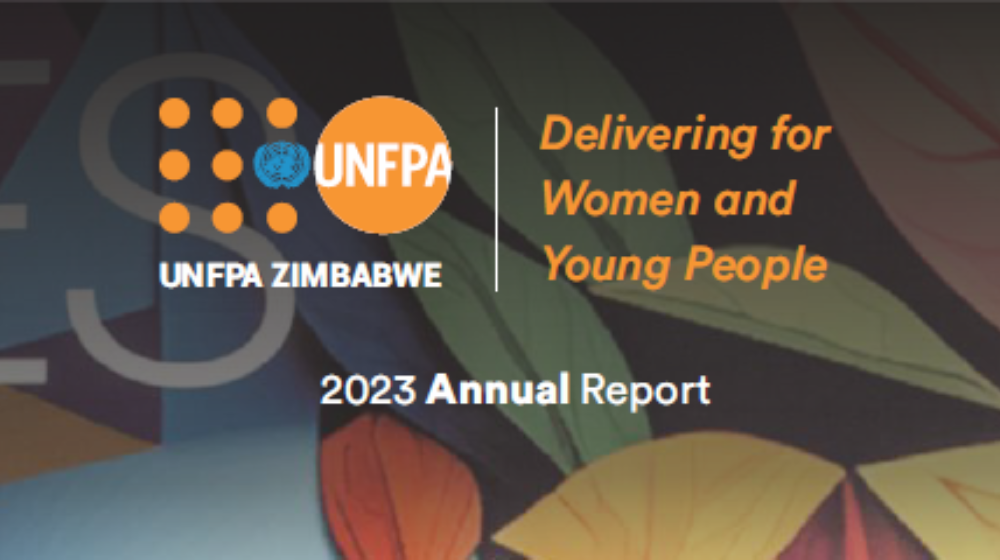*Mathias Sibanda, a young man says the COVID-19 lockdown regulations and measures has greatly affected key populations (KPs) such as him from accessing essential sexual reproductive health services. A resident of Harare, Mathias says although the COVID-19 situation has affected many people’s access to these services; it has been particularly difficult for him and many other KPs because of the perpetuation of stigma and discrimination particularly at checkpoints in transit to access these services.
KPs are defined groups who, due to specific higher-risk behaviours, are at increased risk of HIV. They often have legal and social issues related to their behaviours that increase their vulnerability to HIV. Sex workers, members of the LGBTI community and Men who have Sex with Men (MSM) are often under the banner of KPs.
“Stern lockdown regulations and measures put in place across the country in a bid to curb the spread of the virus have become a gate way for stigma and discrimination for KPs,” says Mathias.
“We are locked down with people who stigmatise and discriminate us and if you report, law enforcement agents tend to ridicule and mock members of our community and even threaten to arrest us. As key populations going to health facilities to access services like STI screening including HIV Testing and provision of condoms has been a nightmare. With all attention being given to COVID-19 response friendly services have been given very little attention and this has disrupted essential care, including general counselling.”
As the world struggles to contain and stop the spread of COVID-19, many countries including Zimbabwe have taken emergency measures to curb the spread of the Virus. The COVID-19 pandemic threatens to widen the gap of access to health and pyscho-social services between different community groups, with historically disadvantaged group such as the LGBTI and the sex workers being the worst affected. The crisis is worsening difficulties for LGBTIs who frequently face stigma and discrimination when seeking health services and are more vulnerable to violence and other human rights abuses.
Youth Advocates Zimbabwe (YAZ) is a youth-led organization working to advance youth's rights and amplify youth's voices where it matters. YAZ is committed to increasing the availability and use of development data to meet the urgent and complex needs of adolescents and young people on integrated health services uptake, whilst responding to service delivery and quality issues in real-time. This cuts travel costs for beneficiaries and facilitates access to affordable services and in turn improves uptake by youths.
To support KPs to ensure they continue accessing SRH services, YAZ with United Nations Population Fund (UNFPA) support has launched a helpline to ensure Key Populations (KPs) continue to access remote sexual reproductive health services and psychosocial support during the COVID-19 lockdown.
YAZ Executive Director, Tatenda Songore, says the need to avail remote and confidential services in the context of restrictions in movements during the lockdown necessitated the launch of the hotline, which is now operational.
“Most of the KPs normally want to seek services in a private and confidential, trustworthy platform and the helpline came in handy in providing a confidential tailored service because of the high levels of anonymity that is associated with it and the trust that we have built from the youth friendly service provision trainings with various facilities,” Tatenda says.
Services needed by KPs include psycho social support, HIV treatment and care, access to HIV prevention commodities such as condoms and lubes, sexually transmitted infection (STI) screening and treatment, and pre-exposure prophylaxis (PrEP)
“The need to initiate a helpline rose as a result of the need to provide customized services for KPs in a trusted platform and linking them to high impact sexual reproductive health and HIV services across the country with no specific boundaries.”
KP community members face high levels of stigma and discrimination in many settings including in health care settings as well in the broader community. Stigma and discrimination against KP’s often manifests through physical, and verbal abuse, sexual harassment as well as rejection from family members. During periods such as lockdowns, this can be heightened due to restricted movements and prolonged periods of shared physical spaces with family members who may disapprove of sexual orientation or sex work, leading to increased incidences of mental health issues among KP’s. In addition, economic shocks specifically for those earning a living through sex work leading to loss of income housing and becoming food insecure
UNFPA, under the Spotlight Initiative is supporting YAZ to add more trained counsellors to provide remote psychosocial support to KPs through the helpline. The Spotlight Initiative is a global, multi-year partnership between European Union and United Nations to eliminate all forms of violence against women and girls by 2030. In Africa, Zimbabwe is one of the eight country beneficiaries.
Tatenda says COVID-19 has presented challenges to KPs as much as everyone else with physical facilities (clinics) that provide services that are difficult to access due to restrictions in movements and lack of privacy as citizens are being interrogated at checkpoints.
The helpline, which is complimentary to existing static clinics which remain open as part of essential services, is expected to, “link KPs to friendly sexual reproductive health services,” cut down on costs and time incurred by KPs when seeking services at static facilities, and reduce the stigma associated with face-to-face service provision.
“We have been accessing information through the Youth Helpline, their WhatsApp platform is open for young people 24/7. Online learning classes have been keeping us informed and engaged during these times. The Helpline has a good referral network and uses trusted service providers,” says Mathias.
He adds that through making use of the Helpline, young people are being linked to other health facilities like PSZ, PSI CeSSHAR to go and access SRH services.
As the YAZ Executive Director explained, the helpline is manned by trained professionals which include counsellors who have been trained on Youth Friendly services by the Ministry of Health and Child Care and trainings on MSM and broad KP community.
“The counsellors on the helplines are well trained and knowledgeable in terms of service provision and on issues related to stigma and discrimination, sexual reproductive health and rights. We deliberately continue to retrain them on emerging issues. Among the counsellors are KPs who are able to respond to real-life experiences.”
428 Key populations have benefitted from the hotline services since the beginning of the lockdown (including 97 Female sex workers, 327 MSM, 4 transgender).
In order to ensure continuation of integrated SRHR services to KPs, UNFPA under the spotlight Initiative COVID response, has also supported procurement and distribution of equipment for KPs dedicated clinics and drop in centres, including PPE and IPC supplies, to ensure safety from COVID and continuous support to KPs who remain among the most vulnerable in the current context.
Service provision, together with social accountability and initiatives to enhance KPs participation in GBV/SRHR platforms are critical initiatives that UNFPA is supporting as part of the broader Spotlight Initiative to Eliminated Gender Based Violence against women and girls in Zimbabwe. The initiative is supported by the European Union and was launched in 2019. Within just less than 2 years of being launched the programme is already touching the lives of key populations such as Mathias and many other.
*Not his real name




